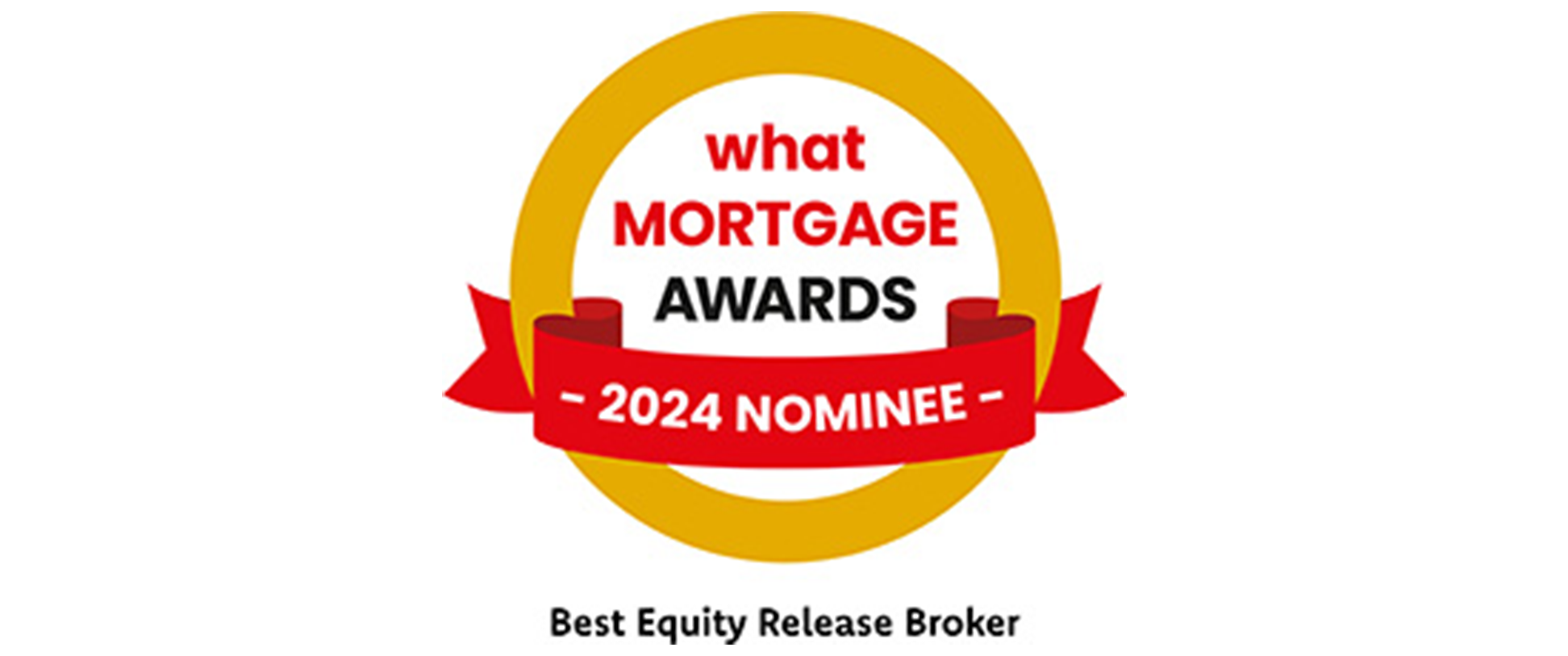Call us today
Menu
We operate to the highest standards and will always explore other financial options available first before proceeding with an equity release plan. We will only arrange a mortgage if we are completely happy that it meets your best interests. If it’s not suitable for you, we will say so.
To be eligible for equity release through a Lifetime Mortgage:
You (and your partner, where relevant) must be aged 55 or over.
You must own (or be buying) your own home.
Yes. Lenders will allow you to make interest payments, as you can with a standard mortgage.
If you pay all the interest, your total debt will remain the same, rather than accumulate. It also doesn’t have to be you who makes the payments; family members can make payments, to help manage their future inheritance.
Most lenders will allow you to repay between 10% to 15% of the initial amount borrowed each year, including interest, with no early repayment charges.
Yes, you will still own your house if you take up a Lifetime Mortgage. The loan is paid off with the proceeds from the sale of the house, after the last-named borrower on the mortgage dies or goes into long-term care.
Most providers will be happy for you to make home improvements, such as an extension, conservatory, or new kitchen, but you may require their written consent beforehand.
A detailed description of your planned modifications may be required for your provider’s approval.
Yes. All lenders who are Equity Release Council members will allow you to move home whenever you wish. You must inform your lender before you do so.
When you move, you may either repay the loan and interest in full, or alternatively you may be eligible to transfer the scheme to your new property if it meets your provider’s criteria at that time.
As long as you adhere to the terms and conditions of the mortgage agreement, you will not lose your home.
The Equity Release Council (ERC) offers a No-Negative Equity Guarantee. This means that your estate won’t have to repay more than what your home sells for, even if you owe more, providing it has been sold for the best price reasonably obtainable.
Means-tested benefits may be affected if you decide to take out a Lifetime Mortgage.
We endeavour to work with all providers who are approved by the Equity Release Council. Where this is not possible, we will advise you accordingly.
Our property value guide will help you understand how much you may be able to borrow.
Calculator








55Plus is a trading name of Mortgage Salad Ltd which is authorised and regulated by the Financial Conduct Authority and is entered on the Financial Services Register under reference 566220.
We charge a fee for equity release advice. The precise amount depends upon your circumstances. The maximum fee will be £1,495 payable on completion. We will also be paid commission from the company that lends you money or buys your home.
Registered office: 12 Trinity Close, Tunbridge Wells, TN2 3QP.Registered in England and Wales No. 5941708